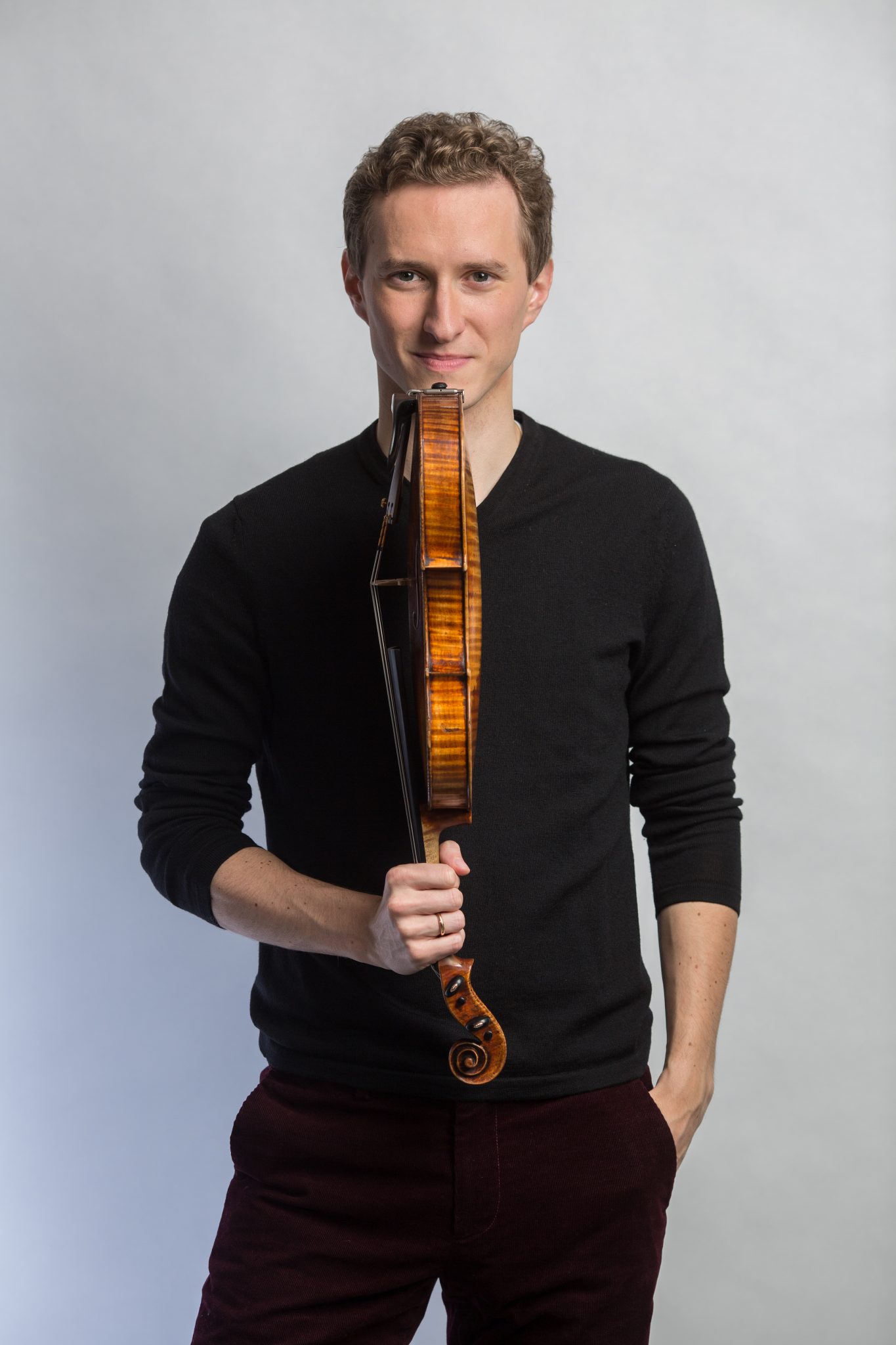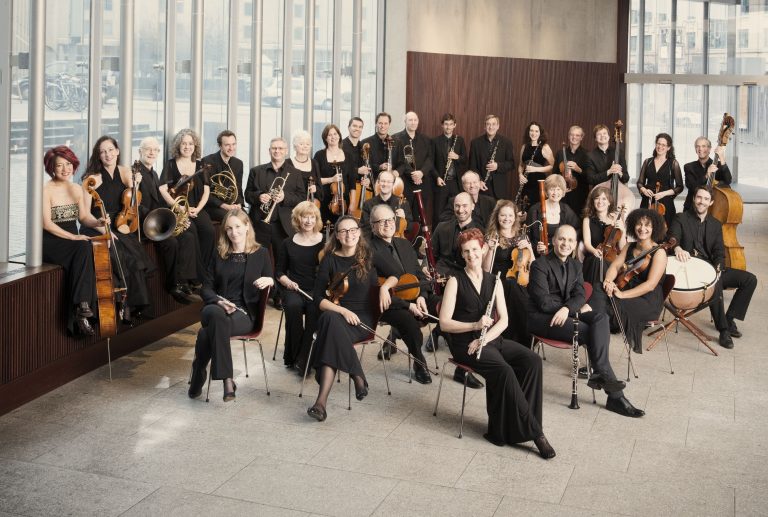Maxim Emelyanychev/Scottish Chamber Orchestra
Dvořák Violin Concerto
Josef Špaček, violin
15 March 2018
Usher Hall, Edinburgh
Keeping with their emphasis on Antonín Dvořák this season, the Scottish Chamber Orchestra gave a sterling performance of his Violin Concerto in A minor at Edinburgh’s Usher Hall. The concert also featured Franz Schubert’s Great C Major symphony (number it however you will). The programme was not without unfortunate revision: Robin Ticciati had to withdraw from the concert owing to a back injury, with Maxim Emelyanychev taking his place at the rostrum. Meanwhile, while Josef Špaček took over from Christian Tetzlaff as the soloist. I was particularly excited to hear Špaček play the Dvořák concerto after having seen him perform The Lark Ascending with the Czech Philharmonic and the late Jiří Bělohlávek at Usher Hall in April 2015. This was close to the launch of his recent recording with Bělohlávek and the Czech Phil of the concertos by Dvořák, Josef Suk and Leoš Janáček. With his celebrated solo career as well as his work as leader of the Czech Phil, Špaček has garnered an unparalleled reputation in this repertoire. It was easy, then, to go into the concert with high expectations.

These expectations Špaček met with flair and pizzazz. It was immediately evident how well he rose to the technical demands of the piece with precision and energy, and brought to the part his own focus and intensity. From where I was sitting, I could hear his sharp breathing between phrases — complemented by the creaking of the rostrum under the conductor’s rapid movement — as it gave a liveness and immediacy in the performance, and also revealed a palpable sense of risk. And as much as his exploration of the sprawling, expressive developments of the theme was coloured with this intensity, the way in which he let the themes of the slow movement unfold was remarkable for its poise, lightness, seeming effortlessness. Both Špaček and the Orchestra put on the racing finale with tremendous gusto, matching the sparkling, furiant-inspired theme with the requisite wit and character.
If Ticciati’s absence on Thursday was a disappointment, then it was not because of any lack in the performance, but more because his time as the Principal Conductor of the SCO is coming to an end: this was to be his penultimate concert with the Orchestra, with next week being his farewell performance of Dvořák’s From the New World symphony. What the SCO gave was an outstanding exhibition of what it is that makes them such a special ensemble: they balanced the late-Romantic magnificence and expressive depth of the pieces with great clarity and detail. In the Dvořák concerto in particular, this meant a remarkable intimacy in the slow movement — like in the gentle dialogue between the soloist and the woodwinds during the violinist’s solo — which enriched the breath-taking orchestration and vibrancy of the rest of the piece. I have mentioned how well this quality of the Orchestra works for its partnership with Ticciati in a previous review. On this evening, the SCO also complemented conductor Emelyanychev’s boldness and vivacity in his interpretation of the Schubert symphony, giving the daring tempos and delicate passages great attention.

With such stunning performances in this season, it is a shame that the SCO’s exploration of Dvořák is drawing to a close. This, along with Špaček’s recording of Janáček’s The Wandering of a Little Soul, is a repertoire which I am deeply fond of, not just because it includes some of my favourite composers but also because of the people whom I associate with it. So it is great to see such beautiful renditions of these pieces by an orchestra that is so close to me.




